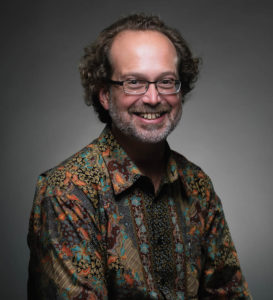
Philhellenism and the Egyptian Other: Wouter Hanegraaff on Reading the Hermetica
We discuss with Wouter Hanegraaff the history of scholarship of the Hermetica from Reitzenstein's Poimandres (1904) up to the modern day. We question 'the glory that was Greece' and investigate the glory that was Egypt.
















